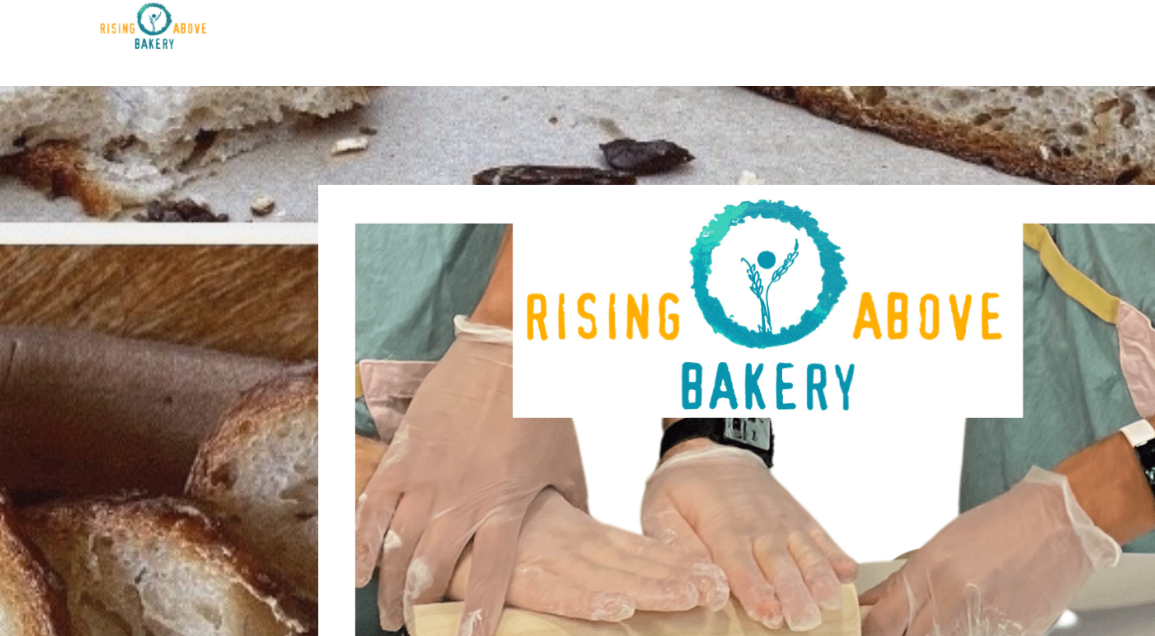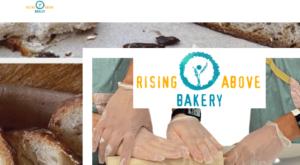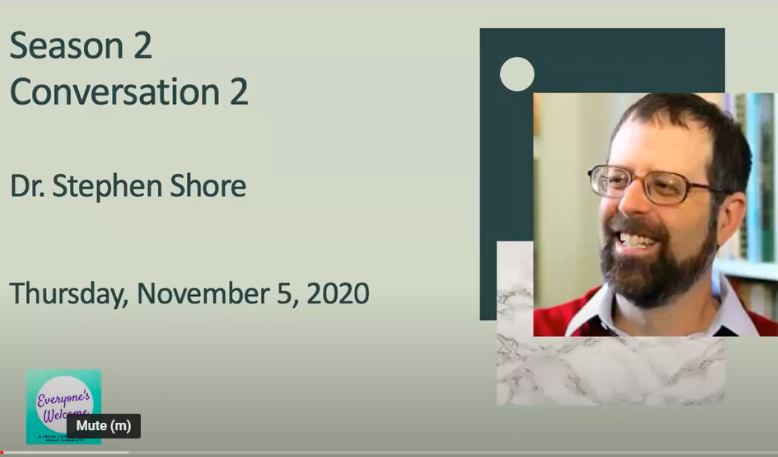When Ross Kriel, President of the Jewish Council of the Emirates, invited Rabbi Yehuda Sarna to give a shiur (class) during Chanukah in 2016, Sarna immediately knew what he would teach. Sarna would address the question of Jews are to place the Chanukah menorah. At the time, Sarna shared that the preference is to light it outside, though we are permitted to light inside out of fear. Now, Sarna tells several hundred on today’s UJA Federation New York-sponsored “Celebrate Hanukkah with the UJA” Zoom meeting, “Chanukah menorahs are all over town. It is quite a dramatic transformation.” Kriel adds, “You can also hear Hebrew spoken, see kipot and tzitzit (ritual fringes) out, and kosher restaurants. “We have taken leaps, not steps since the signing of the Abraham Accords. It has intensified all over the city!”
Rabbi Elie Abadie, former rabbi of Manhattan’s Safra Synagogue, recently relocated to the region to become the Senior Rabbi in Residence of the Jewish Council of the Emirates. “Every night, I have lit the menorah in a different place,” recounts Abadie, as he lit the menorah over Zoom for the several hundred participants who were eager to learn about the Jewish community of the UAE and what appears to be a “warm peace” ahead as the result of the recently signed Abraham Accords. “In the UAE, you can feel the enthusiasm of the people!” The panelists proudly reported that there is now a Chanukah menorah standing outside the Burj Khalifa, Dubai’s tallest building, which is which 2,717 feet tall and contains 209 floors
Abadie will be a true asset to the community. He was born in Beirut, Lebanon, grew up in Mexico City, and is fluent in seven languages including Arabic. His language skills will likely come in handy in the UAE.
Jeff Schoenfeld, immediate past president of the UJA-Federation and a frequent business traveler to the Middle East shared in his opening remarks that the UAE consists of “one million locals and is dominated by 9 million expats who live and contribute to the vitality of the UAE. Abadie is also a physician and a scholar of Sephardic Jewry. Several years ago, Abadie was invited to see what he describes as the “nascent community.” He was pleased to be the sofer who completed a sefer torah in UAE which was presented as a gift to the leaders of the UAE. “I believe that, given the Abraham Accords, we are at a historic moment, we are at the crossroad of history.” He appreciates the tremendous responsibility he will have and adds, “I felt religiously compelled to take the opportunity, to step up to the plate and build up the beautiful community.”
They are off to a good start. When Kriel, a lawyer, arrived from South Africa 10 years ago with his wife (who at the time was the only kosher caterer in the UAE) and family, the Jewish community was small, with members of all backgrounds worshipping in a small villa. “We were inclusive and created a beautiful ethos of comradery and love of Israel.” He hopes to carry these core values forward as the community expands. “We are 300 Jews, and we expect to increase to 3000 families in ten years.” He expects this will require a lot of “ramping up.”
Rabbi Yehuda Sarna, the Chief Rabbi of the UAE, who commutes between Manhattan and the UAE, is also the Executive Director of the Bronfman Center for Jewish Student Life at New York University and the NYU university chaplain. He first came to the UAE in 2010 as part of an NYU team sent to interview high school students from around the world who were seeking admission at NYU’s Dubai campus. “This visit was transformative,” reports Sarna. “I had to confront stereotypes of Arabs in the region.”
During his once or twice a year visits, Sarna began addressing the needs of Jews in the UAE. “There were Jewish administrators, professors, students and some Israelis. Some were just discovering that they were Jewish. We had an ad hoc Jewish culture club, we put up a sukkah, and had Rosh Hashanah and Yom Kippur services.”
Sarna continues to be an even more integral part of Jewish life and an important representative of the Jewish community. He described how visitors are “moved to tears” when they witness the Prayer for the State of Israel, followed by the Prayer for the Welfare of the UAE and its Army. “Most Jews could have never imagined a prayer for an Arab army!” Sarna feels the Abrahamic Accords are very different from past accords as they represent a warm peace. “A warm peace is a peace between people.”
Hamdan al Kindi Al Mara, the founder of the UAE-Israel Business Council, is a fluent English and Hebrew speaker. “When I started learning Hebrew for myself, I expected it would be dead for me because I couldn’t practice.” Now, he describes the level of excitement in both Israel and the UAE and notes that trade has already started.” He adds, “Bloomberg predicts there will be $6 billion in trade between the two counties.” He has already observed Jews coming to the UAE from Israel and such countries as France. People are purchasing real estate, there are kosher restaurants and Jewish ceremonies at hotels and he notes, “I saw 50 people with kipot in a mall just today!”
Hamdad envisions the UAE importing technology including cybersecurity, high tech and agritech from Israel. He notes that “the first ships from Dubai have already arrived in Haifa!” He predicts, “We will see billions in trade in both directions. This is just the beginning. Let’ all hope for the best and an expanded people with the people of the world.”












